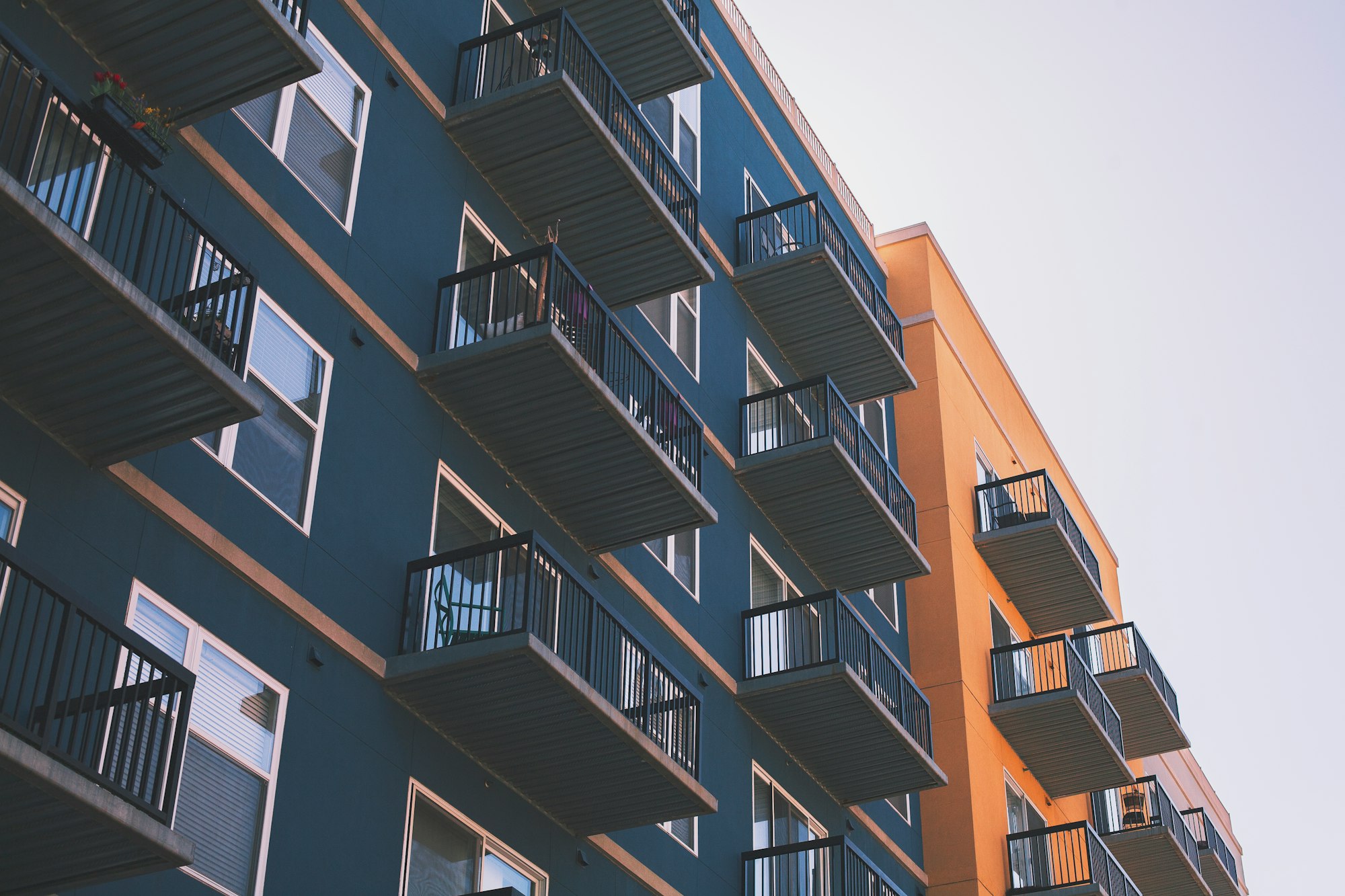The Psychology of Home Pricing: Why It’s More Than Just the Numbers
When it comes to real estate, pricing a home seems like it should be straightforward: look at the comps, factor in the square footage and condition, and land on a fair number.

Adults eventually decide between renting or buying a home. Although buying is considered a part of the American dream, renting also has its advantages. When you're looking to manage your money well, it's essential to understand a few facts between renting and buying to decide which option is the best for your lifestyle and situation.
Understanding Your Length of Stay
The length of stay in the city where you live will help determine if it's a better deal to rent or make a home purchase. The location where you currently reside will also influence key components of the decision .
The longer the stay, the more time you'll have to spread out the costs of home ownership. As areas become more populated and housing gets tight, given stable market conditions, there is a good chance your home value will increase. Although the initial cost may be more, in the long-term, you should reap the rewards.
Build Equity
A key incentive for a home purchase is building equity. Home-ownership over an extended period of time usually leads to equity and in turn, leads to profit from the increased home value. Take advantage of low interest rates, which can make home ownership more affordable in cities where rent is high.
Consider Property Taxes and Mortgage Interest
A key expense of owning a home is annual property tax. Often times, adding up to thousands of dollars a year depending on your state and municipality. Many buy a home because they assume the tax savings they obtain will offset most of the costs of owning their home. Keep in mind there have been recent caps put on overall deductability of property taxes. As well, there have been recent changes with the law that caps the amount of mortgage interest one can deduct. Homeowners can deduct the interest on a mortgage up to $750,000 unless they already had the mortgage prior to the end of 2017 for which they can deduct interest on a loan up to $1,000,000.
Avoid the Hidden Costs of Home Ownership with Renting
It's not an uncommon opinion to think you're throwing away money when you rent. However, you're likely to save money by not having homeowner fees, homeowner's insurance, property tax and interest on your mortgage. Keep in mind when the refrigerator goes out or the washer breaks down, it's going to be you not your landlord who is responsible for footing the bill when you own.
Flexibility with Renting
Those who are not ready to put down roots should consider renting because it means you aren't obligated to a home in a specific location. Renting can be the best option for those who are moving to a new city or have a new job and are unfamiliar with the area. Once you're ready to plant roots, purchasing is always an option. A period of renting offers one a chance to learn what they like about an area in depth before committing to purchase.
Understanding the variables between renting and buying can allow you to make an informed decision on which option is right for you. Learning the costs associated with both options while deciding how long you plan to stay in a specific city will make it easier to determine if you should rent or buy.